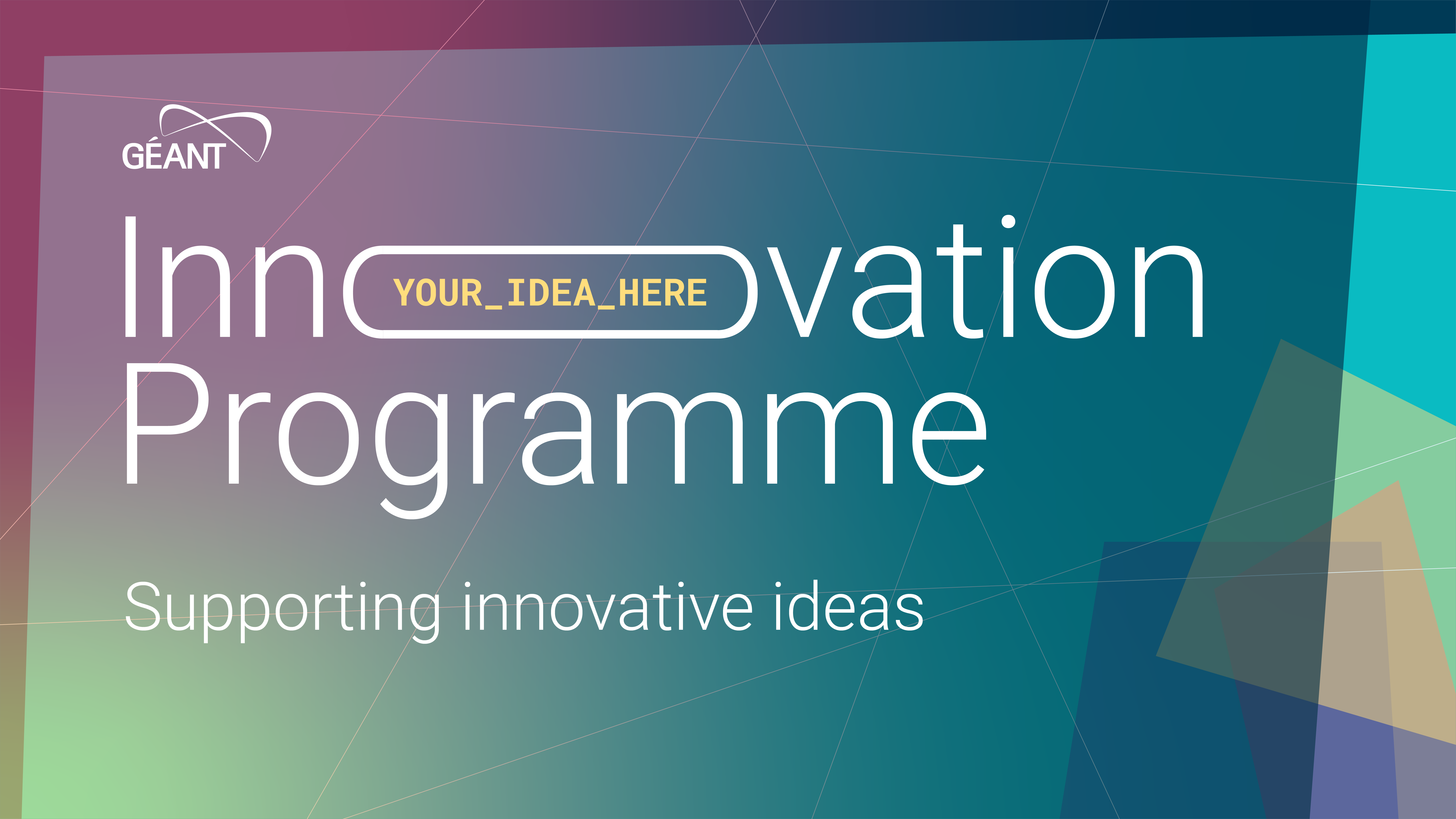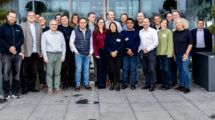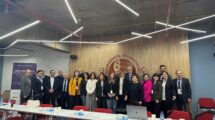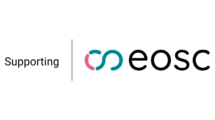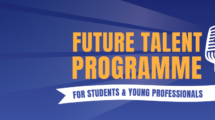You’ve heard about the GÉANT Innovation Programme and its potential to fund unique ideas by and for the Community. But what are these ideas and how can they benefit the Community? We take a closer look at the proposals that were awarded in this year’s edition.
Awarded projects from 2022 edition
In April 2022, the GÉANT Innovation Programme awarded funds to ten projects in the areas of eHealth, multimedia, cloud, networking, T&I and education. Each winning proposal was funded up to EUR30k, for a maximum duration of 6 months and possible extensions up to 9 months. Here’s an overview of what the ten winning projects are working on.
eHealth
The University of L’Aquila, Italy, is working on a new generation of intelligent and contactless monitoring systems for tele-rehabilitation, tele-monitoring and well ageing. These systems provide new data interpretation and data sharing paradigms, in response to the increasing number of diseases connected to ageing and the complexity of the existing assistive electromechanical devices.
Multimedia
PSNC is developing drawOnMeet, a unique tool which allows all participants in a videoconference to draw on any video stream to highlight relevant items. drawOnMeet is intended to encourage collaboration and will be made freely available.
Cloud
The University of Rome Tor Vergata, Italy, is working on a tool called eCLAT, Chains Language And Toolset based on eBPF (eXtensive Berkley Packet Filter). eBPF has become a common programming solution for more efficient networking services but is, however, complex to use. eCLAT will make eBPF applications easier to build.
Masaryk University in Brno, Czech Republic, is working on a connector between PBSPro scheduling system (commonly used by NRENs in the Community) and container-platform Kubernetes. The connector will enhance the possibilities of computational pipelines in Kubernetes without rewriting HPC-tailored code into containers and will provide users with a single entry point for accessing the data.
Also in the area of cloud, the Politecnico of Turin, Italy, is developing the BORDES project which leverages the open-source Liqo.io framework to demonstrate that a cloud-based technology can dynamically create flexible data spaces upon request. In these spaces, a data producer is able to offer its data to potential consumers without giving up on security and data ownership, and without affecting the possibility for consumers to read and process arbitrary data.
Networking
The Université Catholique de Louvain, Belgium, is creating a new approach to lower and more stable latency applications, called TCPLS. It revises the Transmission Control Protocol (TCP) and Transport Layer Security (TLS) to extend transport services with a mechanism to probe and select a network path given a latency criterion.
In the same field, the Budapest University of Technology and Economics is developing a software framework that provides a common platform for computer network traffic flow measurement and feature computation, and federated model learning, sharing and deployment. This new approach can improve the quality and reliability of the Community’s future computer networks and services.
Trinity College Dublin, instead, proposes a new innovation strategy for developing NRENs by using the case study of an NREN-to-be in Cape Verde. Their strategy is to aggregate proven solutions from past and current NREN research and development projects (RARE, eduroam, etc.) with the private cloud-based network function virtualisation (NFV) developed in NosFVeraTO from the Brazilian NREN, RNP.
T&I and Education
Vytautas Magnus University in Lithuania is working on the SMART campus project addressing the re-use of digital identities of students and employees for better integration and wider usability of digital services in higher education institutions. More specifically, the University will deliver a solution for campus dormitory access with a safer tap-in student identification card model.
The Internet Research Centre in Spain, i2CAT, proposes the SIEVA tool to assess the security state of an information system and monitor a satisfactory range of threat occurrences. The main outcome is expected to be a tool that utilises widely used tools in the GÉANT Community.
This is just a snapshot of the new solutions and ideas that the Community will be developing in the coming months.
In 2021, the first edition of the Innovation Programme awarded funds to ten other winning projects which have the potential of bringing more innovation to the Community! In particular, the Dutch NREN, SURF, started to explore the connection between NRENs and the EU digital identity wallets which facilitate cross-border students’ mobility. The analysis from this innovation project helped understanding of the ecosystem and the possible roles for GÉANT and the NRENs and resulted in the participation of GÉANT, SURF and a number of other NRENs in a bid for the ongoing EU wallet large-scale pilot call.
Read more about all the awarded projects from the past two editions of the GÉANT Innovation Programme: https://community.geant.org/community-programme-portfolio/innovation-programme/funded-projects
Keep an eye on the GÉANT Community website to stay informed on the next Call for Proposals.
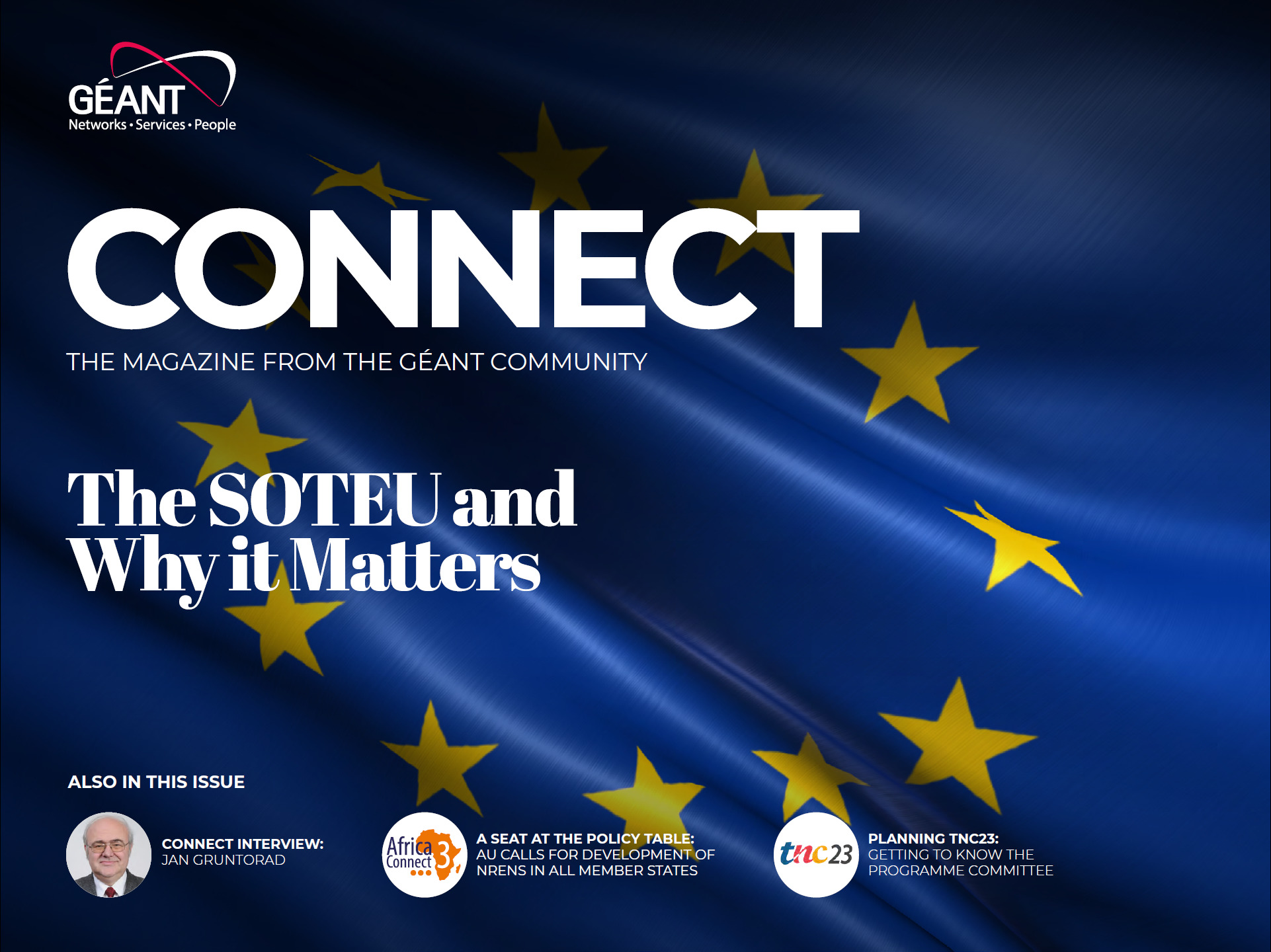
Read or download the full magazine here
